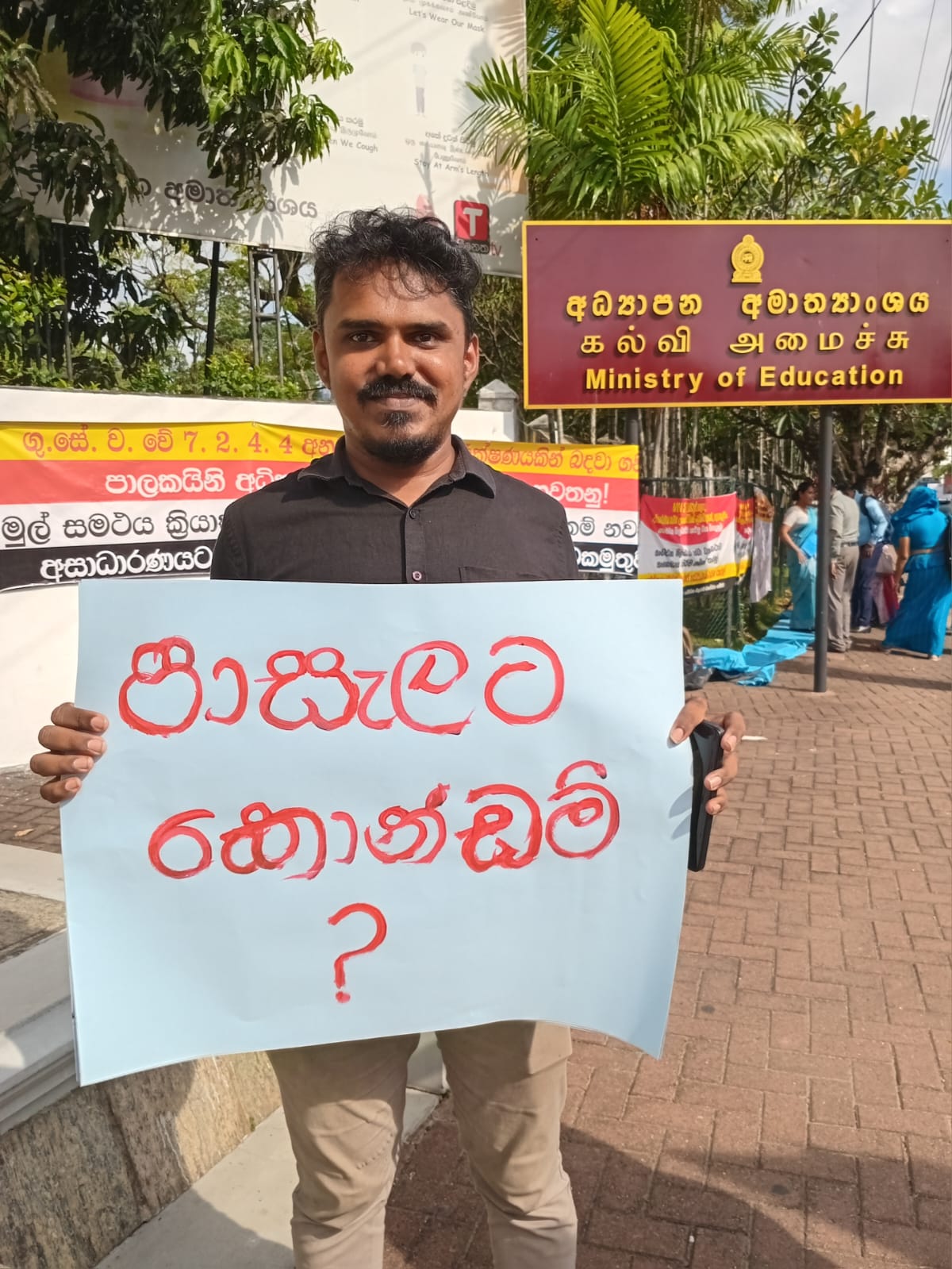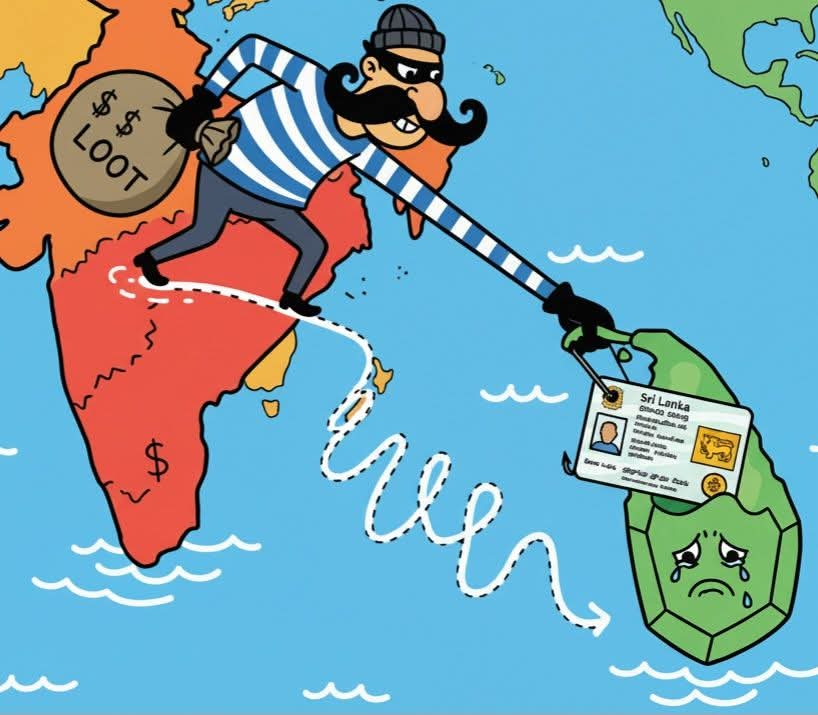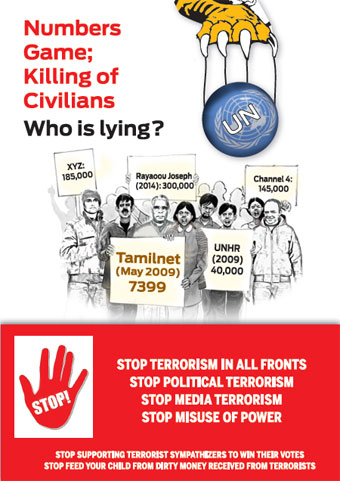National Security Vulnerabilities and Constitutional Implications of Repealing the Prevention of Terrorism Act in Sri Lanka

The Prevention of Terrorism Act (PTA) in Sri Lanka has been a cornerstone of the country’s legal framework in combating terrorism. Enacted in 1979, the PTA provides the government with broad powers to prevent and respond to terrorist activities. However, there have been calls for its repeal, citing concerns over human rights abuses and the need for legal reforms. This paper explores the national security vulnerabilities that would arise if Sri Lanka were to repeal the PTA and examines how such a move would violate specific articles of the Sri Lankan Constitution, namely Article 9, Article 16(1), Article 105(4), and Article 157(A)1. Additionally, the paper discusses Sri Lanka’s international obligations under United Nations Security Council (UNSC) resolutions, particularly Resolution 1373, and the implications of repealing the PTA in this context.
National Security Vulnerabilities
1. Increased Terrorist Activities
The repeal of the PTA would significantly weaken Sri Lanka’s ability to prevent and respond to terrorist activities. The PTA grants law enforcement agencies the authority to detain suspects, conduct searches, and seize property without a warrant, which are crucial measures in countering terrorism. Without these powers, the government would face significant challenges in disrupting terrorist networks and preventing attacks.
In-text citation: (Prevention of Terrorism Act, 1979)
2. Empowerment of Terrorist Sympathizers
The repeal of the PTA would embolden terrorist sympathizers, including those affiliated with the Liberation Tigers of Tamil Eelam (LTTE) and ISIS-K. These groups have historically sought to destabilize the country and undermine national security. The absence of stringent anti-terrorism laws would create an environment conducive to their activities, posing a severe threat to public safety and national stability.
In-text citation: (Sri Lanka Constitution, Article 157(A)1)
3. Undermining Intelligence Operations
The PTA provides a legal framework for intelligence agencies to gather information on terrorist activities. Repealing the PTA would hinder intelligence operations, making it difficult to monitor and track terrorist movements. This would result in a significant intelligence gap, reducing the government’s ability to preemptively address security threats.
In-text citation: (Prevention of Terrorism Act, 1979)
4. International Security Obligations
Sri Lanka is a signatory to several international conventions and UNSC resolutions aimed at combating global terrorism. Repealing the PTA would undermine Sri Lanka’s ability to fulfill its international obligations, particularly under UNSC Resolution 1373, which mandates member states to implement measures to prevent and suppress terrorist financing and activities.
In-text citation: (UNSC Resolution 1373, 2001)
Constitutional Implications
1. Violation of Article 9
Article 9 of the Sri Lankan Constitution mandates the state to give Buddhism the foremost place and to protect and foster the Buddha Sasana. The PTA plays a crucial role in safeguarding religious sites and communities from terrorist attacks. Repealing the PTA would compromise the state’s ability to protect Buddhist sites and adherents, thereby violating Article 9.
In-text citation: (Sri Lanka Constitution, Article 9)
2. Violation of Article 16(1)
Article 16(1) of the Constitution states that all existing written and unwritten laws shall be valid and operative notwithstanding any inconsistency with the fundamental rights chapter. The PTA, as an existing law, is protected under this provision. Repealing the PTA would undermine the legal framework established by Article 16(1) and create a legal vacuum in counter-terrorism efforts.
In-text citation: (Sri Lanka Constitution, Article 16(1))
3. Violation of Article 105(4)
Article 105(4) of the Constitution establishes the independence of the judiciary and the legal system. The PTA provides a legal basis for prosecuting terrorists and ensuring justice for victims of terrorism. Repealing the PTA would weaken the legal system’s ability to address terrorism-related offenses, undermining the principles of justice and accountability enshrined in Article 105(4).
In-text citation: (Sri Lanka Constitution, Article 105(4))
4. Violation of Article 157(A)1
Article 157(A)1 prohibits any person from supporting, promoting, or advocating the establishment of a separate state within Sri Lanka. The PTA is instrumental in preventing separatist movements and ensuring the territorial integrity of the country. Repealing the PTA would embolden separatist groups and undermine the constitutional mandate to preserve national unity.
In-text citation: (Sri Lanka Constitution, Article 157(A)1)
International Obligations
1. UNSC Resolution 1373
UNSC Resolution 1373, adopted in the aftermath of the 9/11 attacks, mandates member states to implement measures to prevent and suppress terrorist financing and activities. The PTA aligns with the requirements of Resolution 1373 by providing a legal framework for counter-terrorism efforts. Repealing the PTA would hinder Sri Lanka’s ability to comply with its international obligations under this resolution.
In-text citation: (UNSC Resolution 1373, 2001)
2. Other UNSC Resolutions
Sri Lanka is also a signatory to other UNSC resolutions aimed at combating global terrorism, including *Resolution 1456 (2003)* , *Resolution 1566 (2004)* , and R *esolution 2178 (2014)* . These resolutions emphasize the need for robust legal frameworks to address terrorism. Repealing the PTA would undermine Sri Lanka’s commitment to these international agreements and weaken global counter-terrorism efforts.
In-text citation: (UNSC Resolutions, 2003-2014)
Conclusion
The repeal of the Prevention of Terrorism Act in Sri Lanka would have far-reaching implications for national security and constitutional integrity. It would create significant vulnerabilities by weakening the government’s ability to prevent and respond to terrorist activities, emboldening terrorist sympathizers, and undermining intelligence operations. Additionally, repealing the PTA would violate specific articles of the Sri Lankan Constitution, including Article 9, Article 16(1), Article 105(4), and Article 157(A)1. Furthermore, it would hinder Sri Lanka’s ability to fulfill its international obligations under UNSC Resolution 1373 and other counter-terrorism resolutions. Therefore, it is imperative to retain the PTA to ensure national security, uphold constitutional principles, and comply with international commitments.
References
– Prevention of Terrorism Act, 1979. Available at: [CommonLII](http://www.
– Sri Lanka Constitution. Available at: [Parliament of Sri Lanka](https://parliament.lk/
– UNSC Resolution 1373, 2001. Available at: [UNSCR](http://unscr.com/en/
– UNSC Resolutions, 2003-2014. Available at: [UNODC](https://www.unodc.org/
23 Viewers








